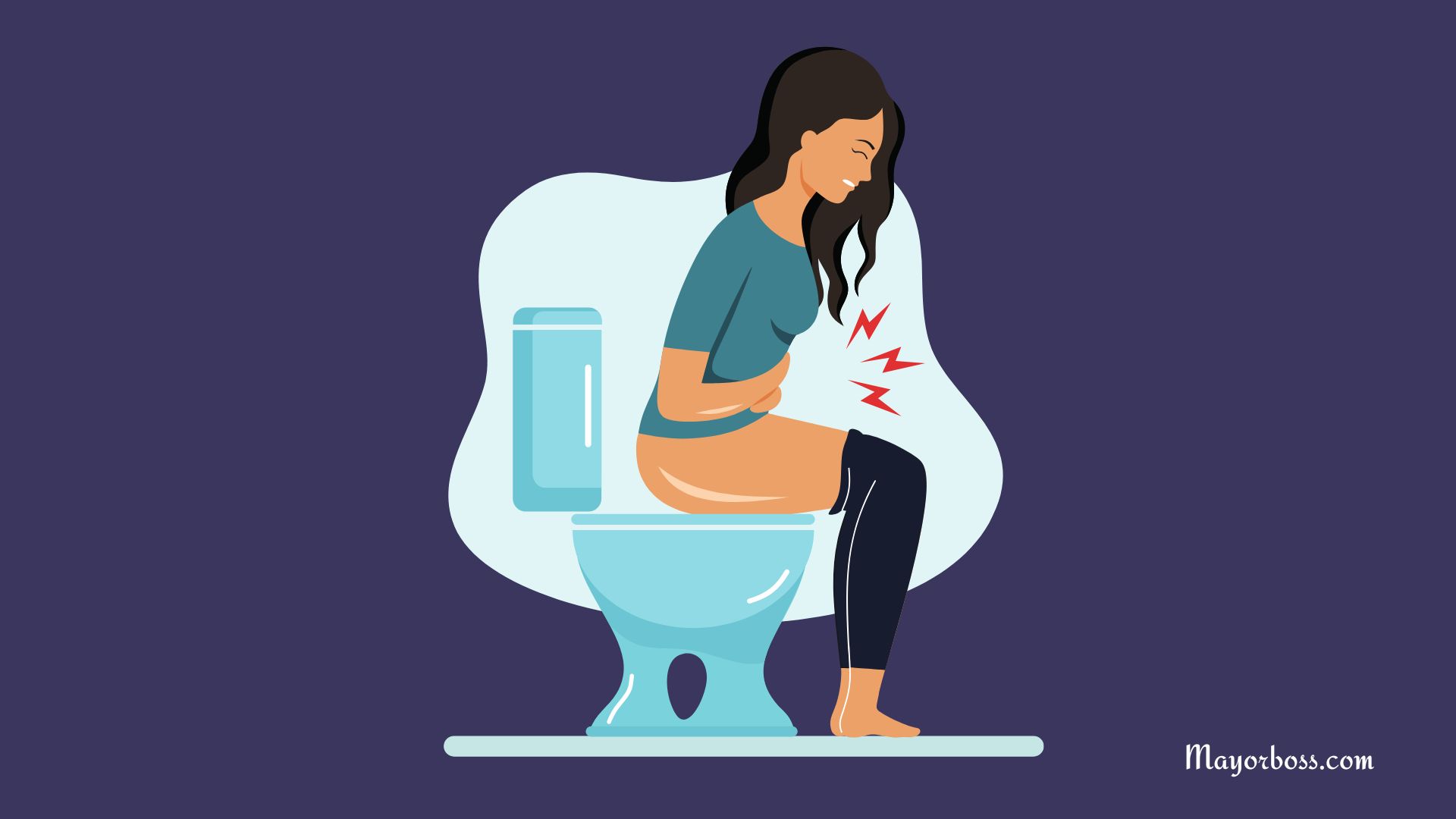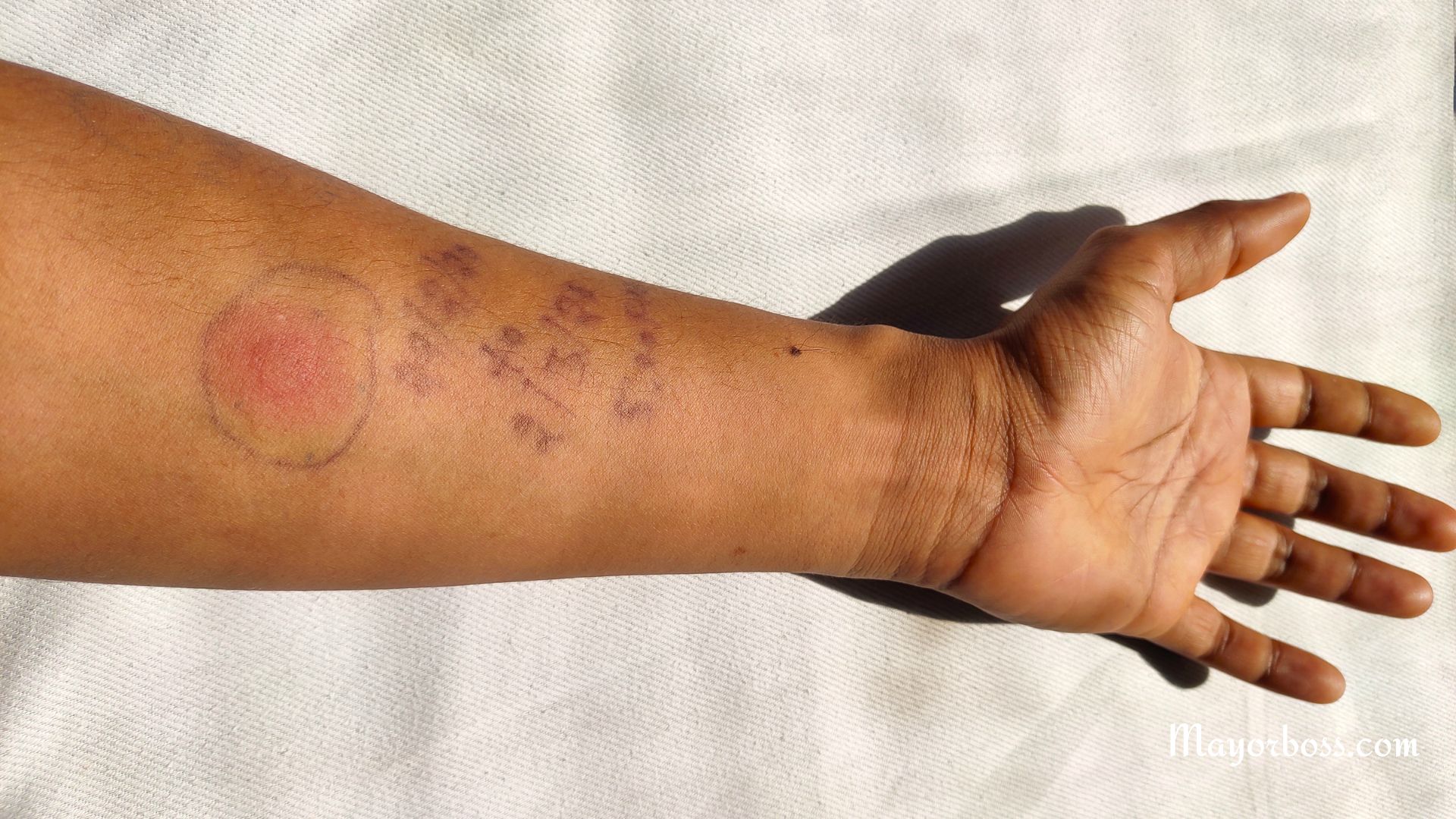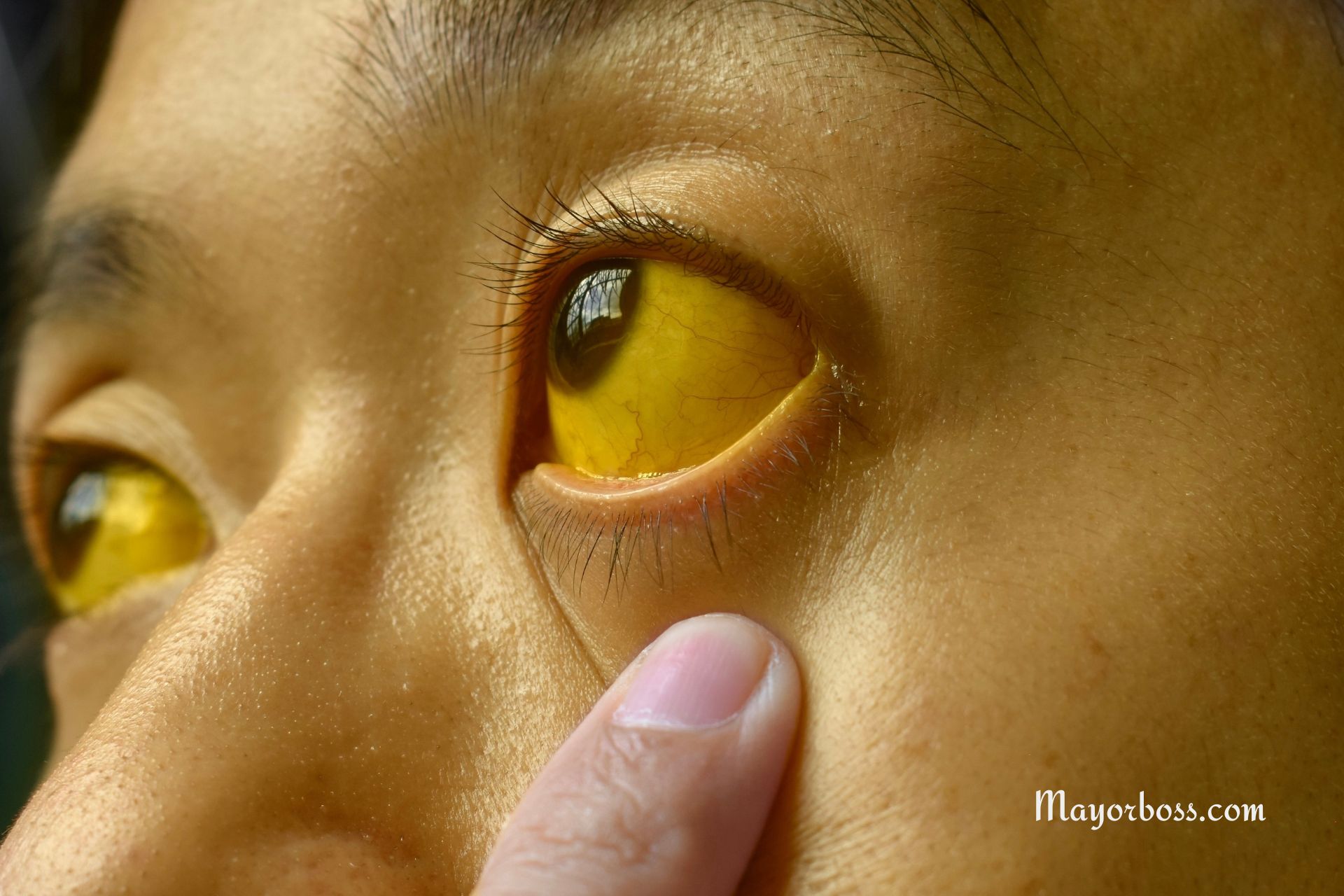5 Signs You’re Eating Too Much Fiber
Fiber is an important part of a healthy diet. It helps your digestive system work well, keeps your blood sugar steady, and supports a healthy weight. Foods like beans, whole grains, fruits, and vegetables are great sources of fiber. But just like anything else, too much fiber can cause problems. Eating more fiber than your body needs can make you feel bad and might even cause some health issues. Here are five signs that you might be eating too much fiber.

Constant Bloating Could Mean Too Much Fiber
One of the most common signs of eating too much fiber is bloating. Bloating happens when there is too much gas in your gut, and fiber—especially insoluble fiber—can be the reason. It can cause gas to build up as it breaks down in your intestines. You might feel like your belly is swollen or stretched, and sometimes it can even look puffy.
If you feel bloated and uncomfortable, it could be because you are increasing your fiber intake too quickly. This is especially true if you have suddenly started eating more fiber. Try adding fiber slowly to your diet so that your digestive system can get used to it without making you feel bloated.
If You Have a Lot of Gas, It Could Mean You’re Eating Too Much Fiber
Gas is another big sign that you’re eating too much fiber. Having some gas is normal, but if you have gas all the time and it makes you uncomfortable, it might be a sign that you’re getting too much fiber. Foods like beans, lentils, broccoli, and Brussels sprouts are full of fiber and can make you gassy, especially if you eat a lot of them.
If you notice that you’re passing gas more than usual or that the gas smells really bad, it might be time to check how much fiber you’re eating. Try eating smaller amounts of high-fiber foods to see if it helps.
Loose Stools or Diarrhea Could Be a Sign You Need to Cut Back on Fiber
While fiber is often used to help with constipation, too much fiber can actually cause the opposite problem and lead to loose stools or diarrhea. This is because fiber, especially soluble fiber, pulls water into the intestines. If you have too much fiber, this extra water can make your stools loose.
If you have loose or watery stools a lot, it could be because you are eating too much fiber. To help with this, make sure you balance your fiber intake with enough water. Drinking enough water will help your body handle the fiber better.
Stomach Cramps Could Mean You Are Eating Too Much Fiber
Stomach cramps can also happen if you are eating too much fiber. These cramps happen because your digestive system is working too hard to break down all the fiber. The pain might be mild or sharp, and it can come and go depending on how much fiber you have eaten.
If you have stomach cramps, especially after eating a meal with a lot of fiber, it might be a good idea to cut back on the amount of fiber you are eating. You can also try eating more cooked vegetables instead of raw ones because they are easier for your body to digest.
Constipation Can Also Happen When You Eat Too Much Fiber
It might seem strange, but constipation can also happen if you eat too much fiber, especially if you are not drinking enough water. Fiber needs water to move through your digestive system. If you eat more fiber without drinking enough water, it can lead to hard stools that are difficult to pass.
Constipation from too much fiber is common when people suddenly start eating a lot more fiber. If you are constipated, try eating fewer high-fiber foods for a while and make sure you are drinking plenty of water.
How to Balance Fiber in Your Diet
Getting the right amount of fiber is all about finding balance. The recommended daily amount of fiber is about 25 grams for women and 38 grams for men. For example, an apple has about 4 grams of fiber, a cup of cooked broccoli has about 5 grams, and a slice of whole-wheat bread has around 2 grams. These examples can help you understand how to reach the recommended intake. But everyone is different, and things like age, activity level, and digestive health can change how much fiber you need.
If you think you are eating too much fiber, try eating smaller portions of high-fiber foods like whole grains, beans, and vegetables. Also, if you want to add more fiber to your diet, do it slowly and drink plenty of water to help your body handle it comfortably.
By paying attention to your body and making small changes, you can get the benefits of fiber without the uncomfortable side effects. Moderation is important for a healthy digestive system.
Frequently Asked Questions About Fiber
How much fiber should I eat each day?
The recommended daily amount of fiber is about 25 grams for women and 38 grams for men. However, this can vary depending on your age, activity level, and overall digestive health. It’s always a good idea to gradually increase your fiber intake to allow your digestive system time to adjust.
What foods are high in fiber?
High-fiber foods include fruits like apples and berries, vegetables like broccoli and carrots, whole grains such as oats and whole-wheat bread, and legumes like beans and lentils. Including a variety of these foods in your diet can help you reach your daily fiber goals.
What can I do if I think I’m eating too much fiber?
If you think you are eating too much fiber, try cutting back on high-fiber foods and make sure you are drinking plenty of water. Eating smaller portions and cooking vegetables instead of eating them raw can also help reduce symptoms like bloating, gas, or cramps.






